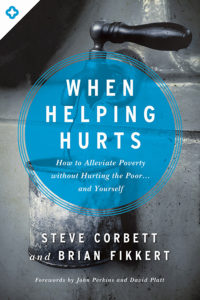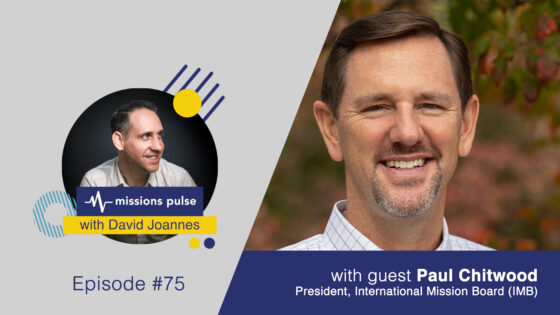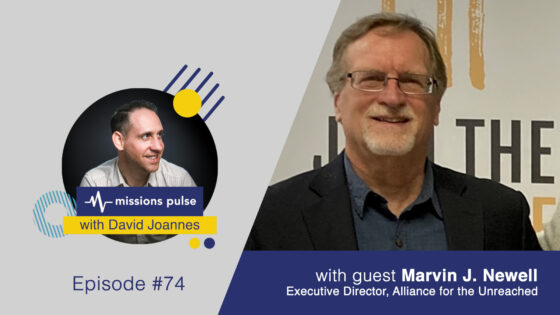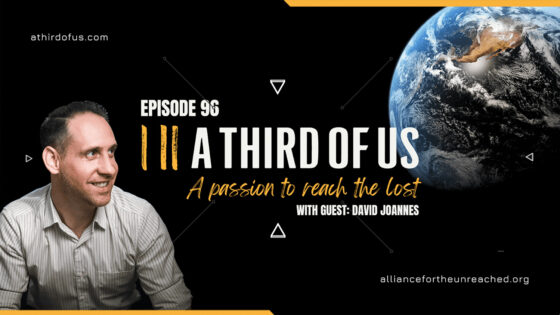Date read: 01.29.2017. How strongly I recommend it: 8/10
See my Kindle highlights here.
TARGET AUDIENCE
Readers of this book will be individuals who see the disconnect between modern styles of poverty alleviation and the reality of the materially poor. Churches, small groups, and organizations will also benefit from the content of this book. My biggest qualm with this book, however, is that the solutions (for individuals) tend to be too nebulous. The author points out similar feedback and frustration from readers, and unfortunately I concur. There is a great deal of content describing the negative aspects of poverty alleviation efforts and even the negative effects of short-term mission trips. This is public knowledge. The author does touch on the fact that there are positive things that occur through these ventures, but I find it too menial. From an economic standpoint, the issues that the authors raise are absolutely valid. My struggle is that the reader will not be armed with the tools he or she needs to walk in Kingdom power to alleviate world injustices unless he/she gets involved in an already existing program or structure.
CONTENT QUALITY
If I could pick one word to define the overall content of this book it would be “participation”. Over and over the authors reiterate the need for relationship between individuals, churches, and organizations and the physically poor that they seek to empower. Chapter 7, “Doing short-term missions without doing long-term harm” was by far my favorite and most relevant chapter. Explanations of monochromic and polychromic worldviews of time were also enlightening. I would have liked to see the authors expound a little more on this topic as I feel it is a major issue that contributes to poverty in the Majority World. I also appreciated the authors’ thoughts about individualistic versus collectivist cultures and the underlying ethnocentrism that short-term (two week to two years) missions trips garner. These thoughts were eye opening, articulating what I have long felt but did not have language for. “By definition, short-term missions have only a short time in which to ‘show a profit,’ to achieve pre-defined goals. This can accentuate our American idols of speed, quantification, compartmentalization, money, achievement, and success. Projects become more important than people.”
MESSAGE CLARITY
Though the message throughout this book is clear, I struggle with the content layout of the book. It seems to start from the wrong end. The initial chapters (to me) do not draw you into the journey of poverty alleviation. It tends to be a little dry at times, but picks up later. The final chapter, “A Final Word: The Most Important Step” feels awkward placed at the end. “If this is the most important step,” I find myself asking, “why not start here?” This could be simply due to the fact that there are additions in the 2nd edition, but I still feel a lack of cohesiveness on the part of the content editor (if there was one). The final chapter does seek to tie together themes throughout the whole book, and for that reason alone, I find the final chapter absolutely necessary for a book that felt a bit disjointed. Indeed, and rightly so, the authors themselves submit this at the end of the book: “We have covered a lot of ground, but this book is very introductory. Every topic that we have introduced needs to be unpacked and explored further.”
CREATIVE STYLE
There was, in my opinion, an overall sense of “dryness” in the writing style. I am not opposed to academic, scientific, or theoretical literature, but I do appreciate the text to challenge and inspire. At time, it felt like a narrative, then like a research paper. Admittedly, the content that the authors write about do not necessarily lend itself to creative writing styles, although I do feel that more could have been accomplished with inspiring language throughout the whole of this book.
LANGUAGE SELECTION
Again I would reiterate my previous statement: the content does not necessarily lend itself to a creative writing style. In fact, the language selection was apt for a book like this. No need for flowery form and poetic prose here.
OVERALL IMPACT
There is no doubt that I have been challenged by this book. As the co-founder and president of an international missions organization, I find myself questioning whether or not we are acting in a way that is pleasing to God in regards to poverty alleviation—even though this is not our primary reason for existence. The book challenges the core of an organization’s purpose and existence. I appreciate that and will continue to explore ideas to implement from this book.
10 POINT RATING
I give When Helping Hurts an 8/10.



